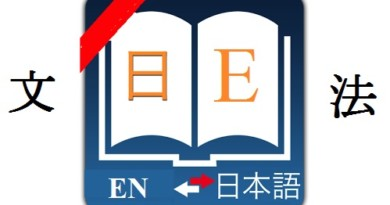Compare かける kakeru and そうだ souda
Hi everyone! Suppose there is a situation like this: You feel your car is about to break down, which expression will you choose to express that idea,(壊れ)かける or そうだ? To help you understand the usage of かける and そうだ better, in this post, Learn Japanese Daily will introduce to you the lesson: Compare かける kakeru and そうだ souda.

Similarities
Both grammar structures mean “something is coming”.
Differences
かける kakeru
かける means “an action/ event begins to change” or “in the middle of…”.
In addition, かける also means “just before something happens”.
Example :
風邪が治りかけている。
Kaze ga naori kaketeiru.
The flu is getting better. (an action/ event begins to change – to be healing)
A「この本は読み終わる?」
B「読みかけたけど、つまらなくてやめたほうがいいかなあ…」
A : “Kono hon ha yomi owaru?”
B : “Yomi kaketa kedo, tsumaranakute yameta hou ga ii kanaa…”
A : “Have you finished reading that book?”
B : “I’m in the middle of reading, but it’s boring so I wonder if I should stop reading it…”
料理を作りかけました。
Ryouri wo tsukuri kake mashita.
I was cooking.
そうだ souda
そうだ means “feeling something is about to happen from the current state”.
Note : そうだ is based on the feelings of the speaker, so it is often used in speculative sentences or sentences that express emotions.
It can be used in the form「Aそうになる」
Example :
あの木は倒れそうだ。
Ano ki ha taore sou da.
That tree seems to fall. (something is about to happen based on the judgment of the speaker).
世論のせいか、彼を酷評するデモが消えそうだ。
Seron no seika, kare wo kokuhyou suru demo ga kie sou da.
Because of public opinion, the demo that criticizes him seems to disappear.
このグラスの表面にクラックがあって、割りそうだ。
Kono gurasu no hyoumen ni kurakku ga atte, wari sou da.
There is a crack on the surface of this glass, it seems to break.
Note : When かける and そうだ mean “just before something happens”, both of them may have similar meanings or not.
Exercise for consolidating knowledge :
Choose the correct answer:
息子に編みかけたセーターは赤いです。
雪が降りそうなのでコートを持ってくださいね。
飲みかけたジュースはテーブルの上に置きました。
壊れそうなテレビは高い値段で売られました。
彼らは何か話しかけたのに、私が近づくとシーンと黙った。
天気がはれそうなので、傘を盛らなくてもいいでしょ。
In this post, Learn Japanese Daily has helped you compare かける kakeru and そうだ souda.
See other similar lessons at category: japanese grammar dictionary
